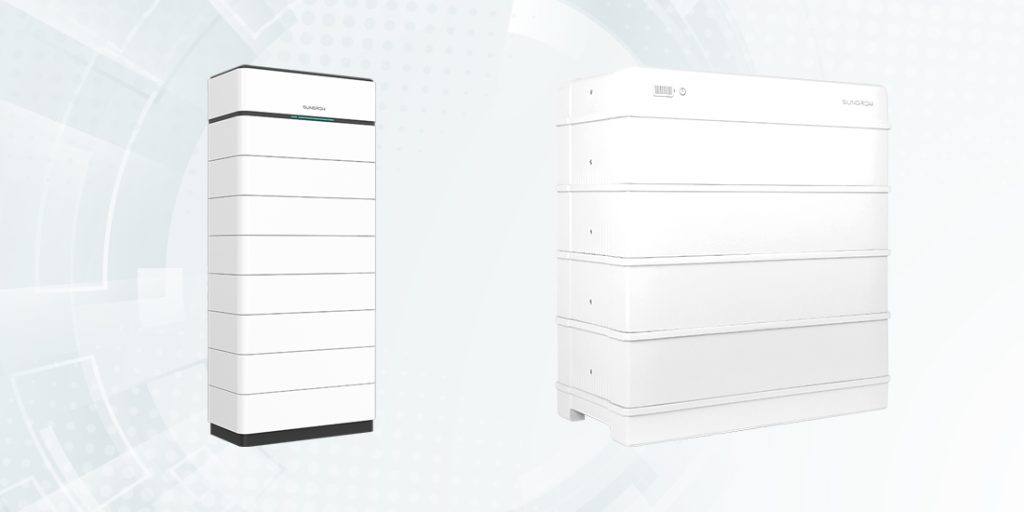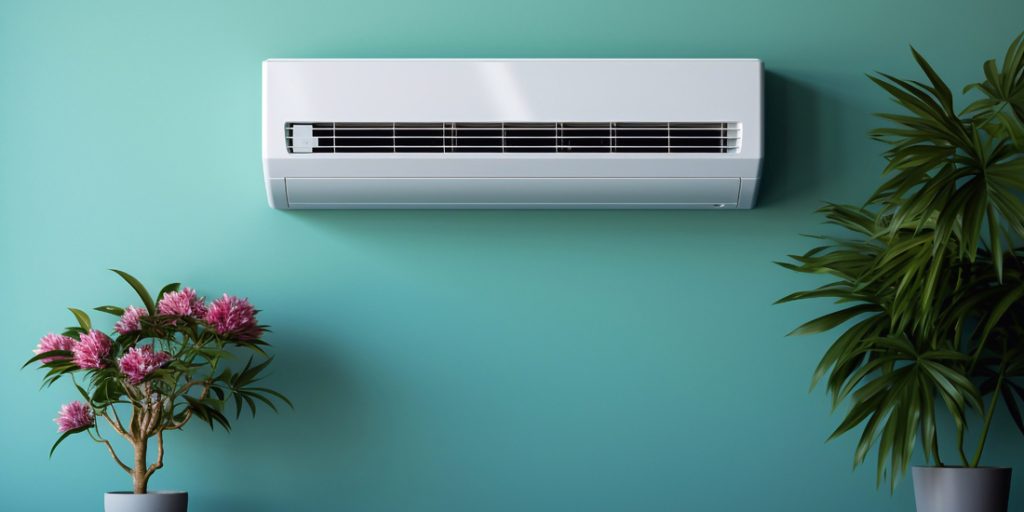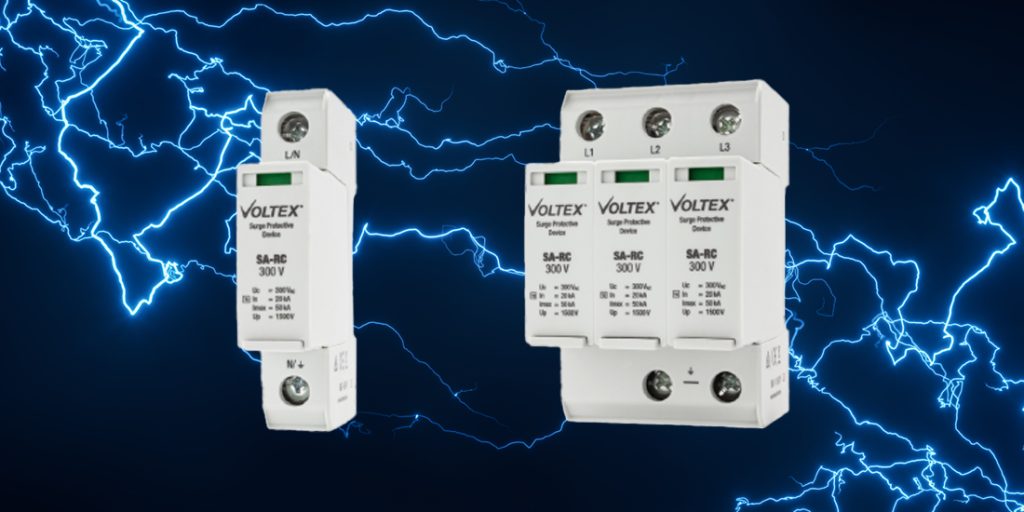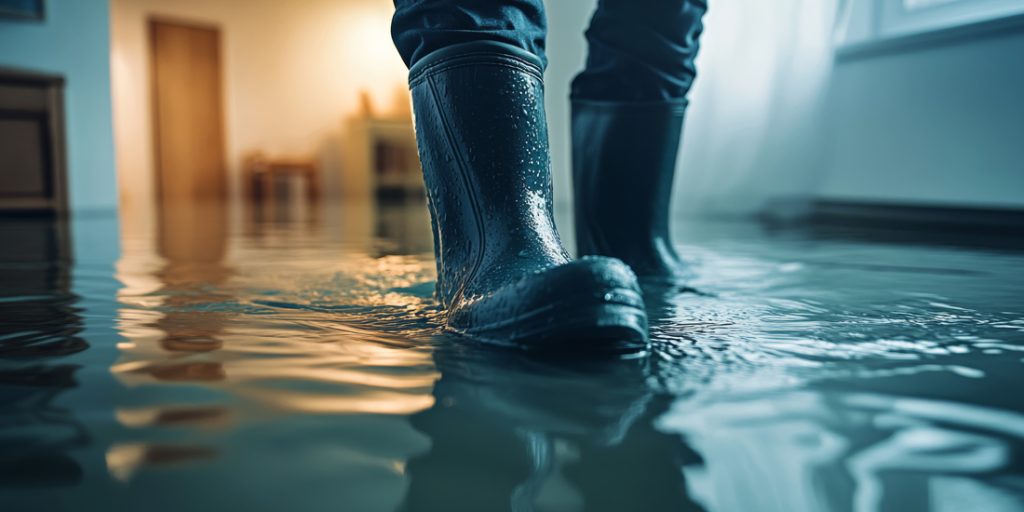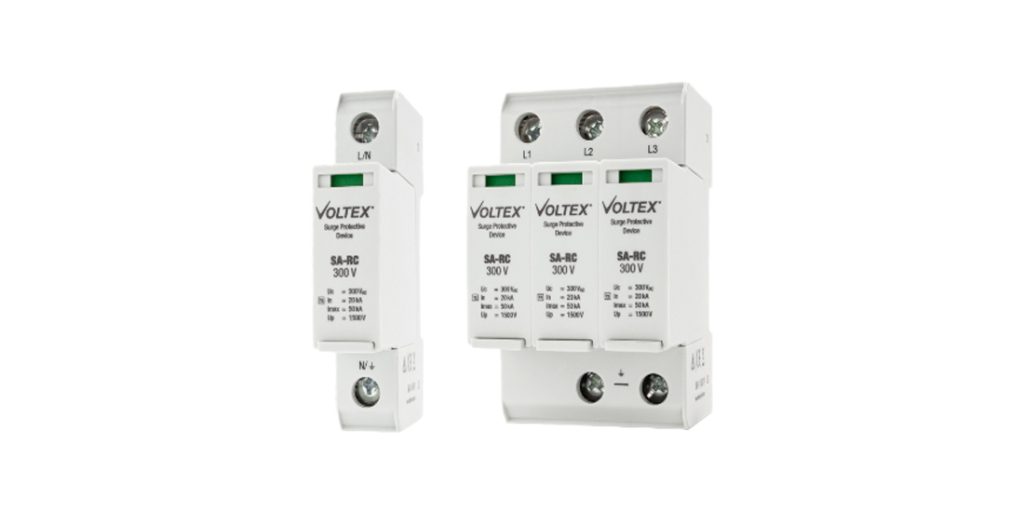Noosa Electric Co Returns to Sunshine Beach EV Expo – Join Us June 22!
We’re excited to announce that Noosa Electric Co will be attending the EV & Electrify Everything Expo for the second year in a row, happening on June 22. As a proudly local electrician servicing Noosa, Pomona, Bli Bli, Twin Waters and beyond, we’re passionate about supporting the Sunshine Coast’s transition to cleaner, smarter energy solutions — and there’s no better place to explore the future of electrification than this fantastic community event.
Last year’s expo was a great success, with locals turning out in force to learn about electric vehicles, solar technology, battery storage, and all things sustainable. This year, we’re bringing even more insight, experience and practical knowledge to the table — especially when it comes to home and business electrification.
At our stand, you’ll be able to chat with our friendly team about:
- EV charging station installations for homes and commercial properties
- The role of solar energy and battery storage in reducing energy costs
- Upgrading switchboards to support modern electrification needs
- The growing importance of electrification in homes and businesses across the Sunshine Coast
- Integrating air-conditioning, appliance upgrades, and lighting solutions into a more efficient electrical future
Whether you’re an EV owner looking to charge smarter at home, a business interested in reducing your carbon footprint, or simply curious about how electrification can improve your home, we’re here to help with practical, long-term advice.
We’re not just your average Sunshine Coast electrician. At Noosa Electric Co, we believe in doing things properly — offering quality electrical solutions that stand the test of time. We’re not the cheapest option, and we’re proud of that. We take the time to make sure every job is done right, whether it’s a residential installation, solar upgrade, or commercial fit-out.
Come meet us at the Sunshine Beach EV Expo on June 22 and let’s talk about how we can help you electrify your future with confidence.
For updates before the event, follow us on socials or visit our website. See you there!

